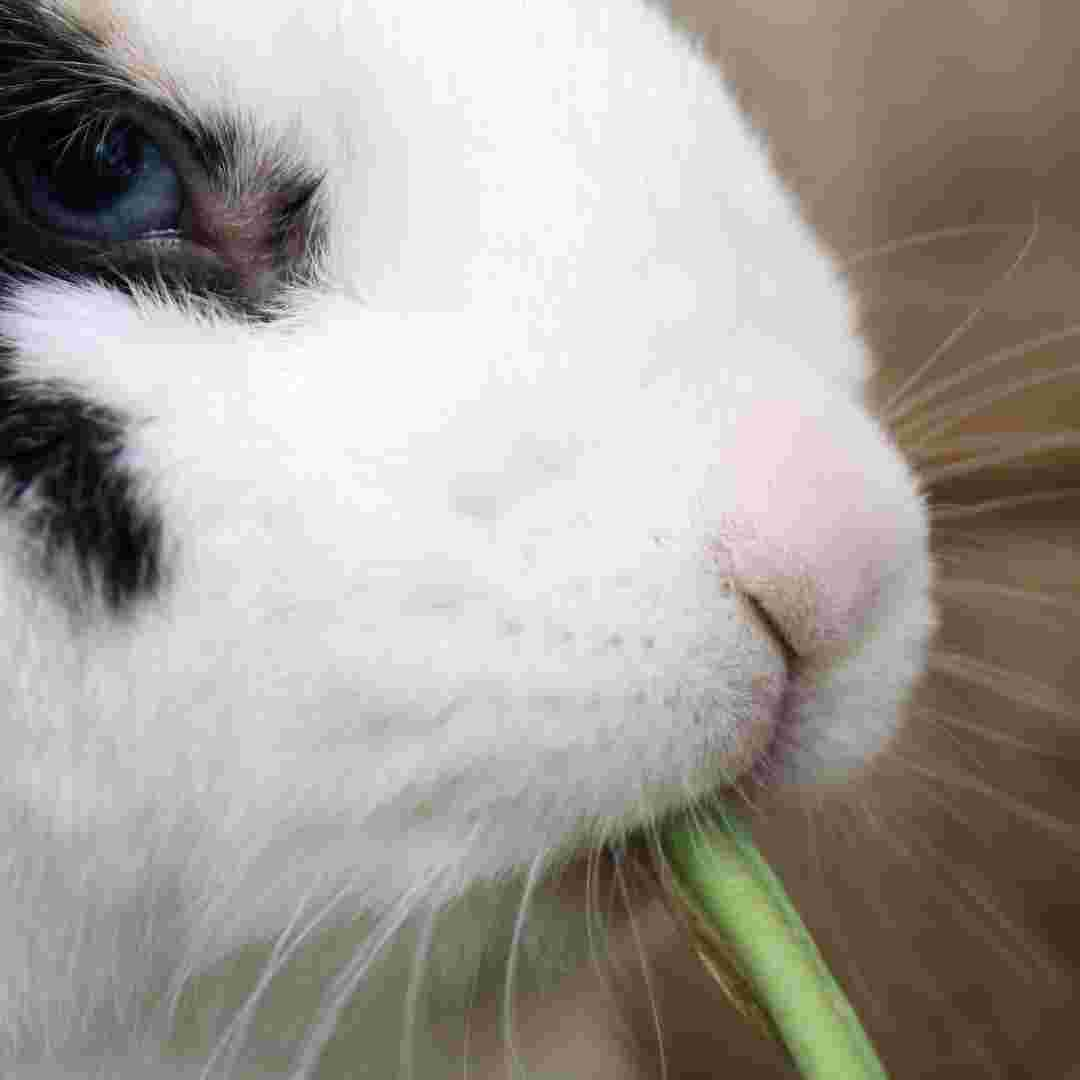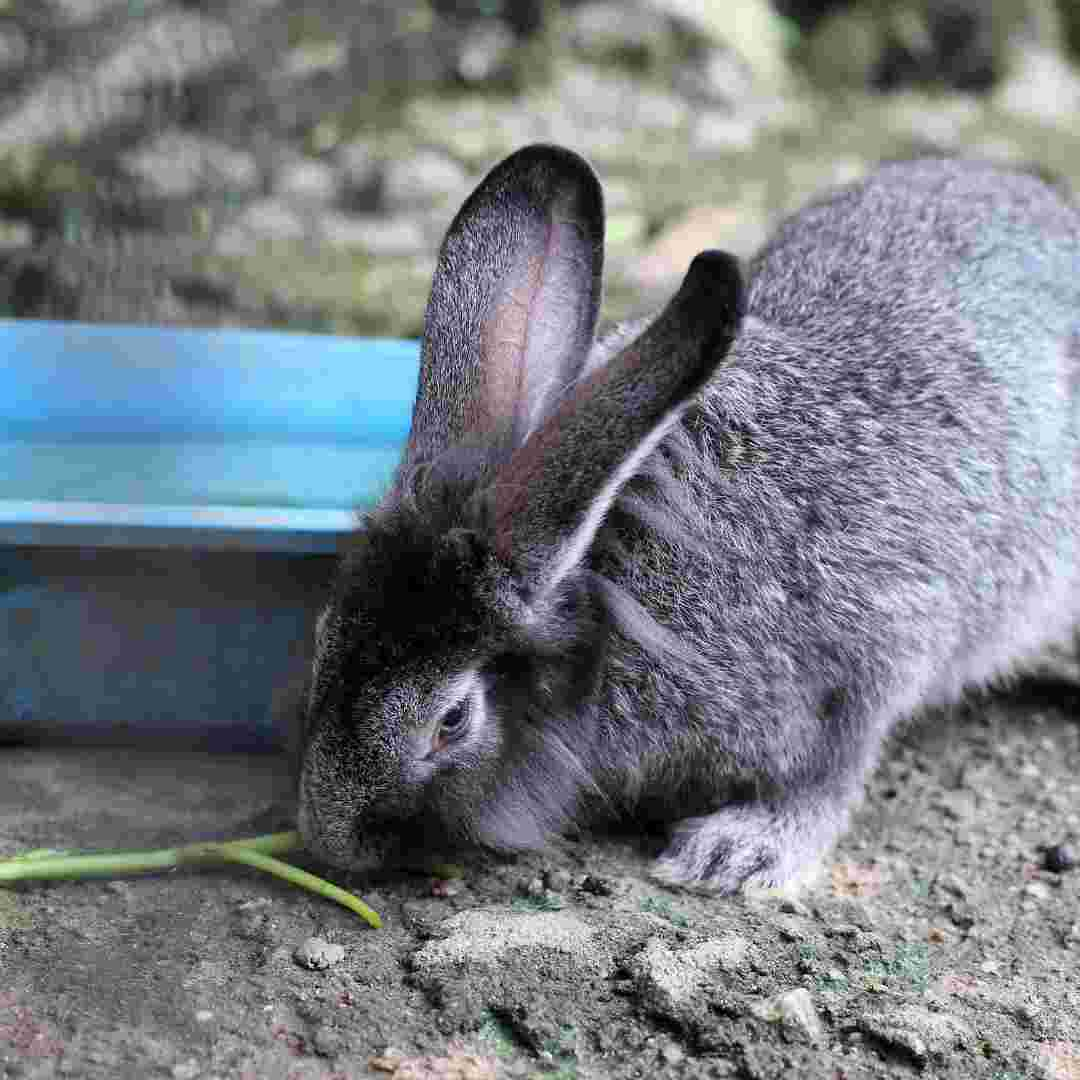What makes rabbits bite and how can I stop it?
Rabbits often bite for many reasons. Rabbits bite for fear, aggressiveness, or territory. They may bite in discomfort or to gain attention.
Threatened or scared rabbits bite out of fear. When frightened or threatened, rabbits may bite to defend themselves. To prevent fear-based biting, handle rabbits softly and give them time to adjust to new people and places.
Rabbits usually bite aggressively when territorial or domineering. If they believe their territory is being invaded or want to dominate another rabbit, rabbits may bite. Give rabbits space and avoid threatening them to prevent aggression-based biting.
When rabbits are in agony, they bite. In suffering, a rabbit may bite to protect itself. Rabbits need frequent veterinary care and a clean, pleasant habitat to avoid pain-based biting.
Rabbits who feel ignored or bored bite for attention. A neglected rabbit may bite to obtain attention. To minimise attention-seeking biting, give rabbits lots of enrichment and play with them often.
The rabbits may bite for fear, anger, pain, or attention. To prevent biting, handle rabbits carefully, give them lots of space and enrichment, and keep them clean and comfortable.
Rabbit Body Language for Bite Prevention
Rabbit body language helps you understand how your rabbit feels. Understanding your rabbit's behaviour can prevent bites and other aggression.
Rabbits often pound their hind legs when terrified or threatened. This indicates that the rabbit is unhappy and may bite to defend itself. If your rabbit thump its hind legs, back away and give it space.
Flattening rabbit ears against their head indicates aggressiveness. This indicates the rabbit is defensive and may bite if threatened. Give your rabbit space and prevent unexpected movements if its ears flatten.
Threatened rabbits may grind their teeth. This indicates that the rabbit is uneasy and may bite to defend itself. Stay away from your rabbit if it's grinding its teeth.
In addition, threatened rabbits may snarl or hiss. This means the rabbit is defensive and may bite to defend itself. If your rabbit growls or hisses, back away and give it space.
Understanding rabbit body language can prevent bites and other aggression. If you see any of the above indicators, back away and give your rabbit space. Your rabbit will feel safer in its habitat.
Handling Biting Rabbits
If your rabbit bites, take precautions to protect yourself and your pet. Biting is an indication of distress in rabbits, therefore find and treat the cause.
Understand why your rabbit is biting first. Rabbits bite for fear, aggressiveness, or territory. If your rabbit bites out of fear, provide it a safe place. Make sure your rabbit has plenty of hiding spots and a comfy bed. Additionally, handle your bunny gently and avoid sudden movements or loud noises.
If your rabbit bites out of aggressiveness or territoriality, give it lots of enrichment. Give your rabbit toys, chew sticks, and other objects to play with. Give your rabbit lots of area to roam and exercise.
Rabbits need frequent veterinary treatment too. This can reveal any medical abnormalities causing your rabbit to bite.
Consistency with your bunny is crucial. If your rabbit bites, withdraw your hand and say “no” immediately. Also, praise your rabbit when it doesn't bite. Treats and praise are examples.
Follow these actions to protect yourself and your pet.
Is My Rabbit Biting Me Out of Fear or Aggression?
It can be hard to tell if your rabbit is scared or aggressive. To accurately judge, you must comprehend the differences between the two behaviours.
Biting out of fear is a defence. Startled, trapped, or strange rabbits may bite out of panic. Cowering, trembling, and hiding often accompany fear-based biting.
However, aggressive biting shows dominance. Rabbits may bite to demonstrate their dominance over you or another animal. Growling, lunging, and chasing often accompany aggressive biting.
If you're not sure if your rabbit is biting out of fear or aggressiveness, see a vet or behaviourist. They can discover the reason of the behaviour and offer solutions.
Training Your Rabbit Not to Bite
It takes effort and perseverance to teach your bunny not to bite. Here are some starting tips:
1. Know why your rabbit bites. Rabbits bite for fear, territoriality, or curiosity. If your rabbit is biting out of fear, give them a safe place to be.
2. Define limits. Ask your rabbit to stop biting by saying “no” and gently pushing them away. If they keep biting, distract them with a toy or treat.
3. Reward positive behaviour. Praise or treat your rabbit when they don't bite. This will reinforce desired behaviour.
4. Maintain consistency. Training consistency is key. Your rabbit won't comprehend if you let them bite occasionally but not others.
5. Get expert help. If you can't train your rabbit not to bite, consult an animal behaviourist. They can offer more rabbit training tips.
You can teach your rabbit not to bite by following these suggestions. Train your bunny not to bite with care and persistence to create a safe and fun environment for both of you.
